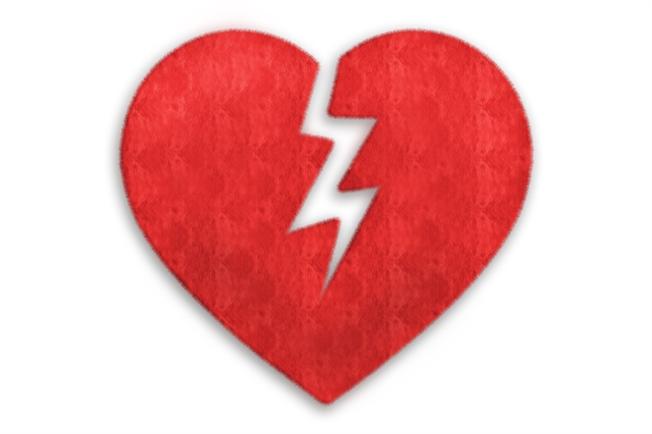Explaining broken heart syndrome

More formally known as takotsubo cardiomyopathy, broken heart syndrome is a condition that’s induced by extreme stress, which leads to a temporary disruption of the heart’s normal pumping function. The failure of the heart muscle has variable degrees of severity in people ranging from mild to severe, but it’s typically short-term. With proper medical treatment, most patients experience a complete recovery within a few days or weeks.
Jeanine E. Romanelli, MD, a cardiologist at Lankenau Heart Institute, has faced the question “Is it possible to die of a broken heart?” from several of her patients. Her response? Yes, it’s possible.
“The exact cause of broken heart syndrome is not yet known, but researchers think that the body releases a surge of stress hormones that ‘stun’ the heart and affect its ability to pump blood to the body,” says Dr. Romanelli. “It’s triggered by an inordinate amount of emotional or physical stress, such as the death of a loved one, a break-up or divorce, a terrible fight with a child, a cancer diagnosis or perhaps following major surgery. Patients go into acute heart failure, with symptoms mimicking those of a heart attack.”
Symptoms of broken heart syndrome
Those suffering from broken heart syndrome will experience sudden, intense chest pain and shortness of breath. Because of these symptoms, the condition is often mistaken for a heart attack. In fact, tests show changes in electrocardiograms (ECG), cardiac markers and echocardiogram (cardiac ultrasound) that are typical of a heart attack.
However, unlike a heart attack, there’s no evidence of blocked heart arteries. The “stunning” effects of broken heart syndrome reverse quickly without any lasting damage to the heart.
“When a patient comes into the ER with these symptoms, an ultrasound and bloodwork may indicate a heart attack,” explains Dr. Romanelli. “But these tests aren’t definitive. Any patient with worrisome test results needs to undergo a cardiac catheterization, where a thin, flexible tube is inserted through the blood vessels and into the heart to assure there is no blockage of the coronary arteries (the arteries that provide blood flow to the heart muscle). If there are no signs of heart disease, blood clots or blockages, we’re able to diagnose broken heart syndrome.”
Women, and more specifically, middle-aged women, are much more likely than men to experience broken heart syndrome. According to a recent study, women are seven to nine times more likely to suffer from this condition. Approximately 10 percent of people who have had broken heart syndrome will have a second episode at some point in their lifetime. There are no known forms of prevention at this time.
Is broken heart syndrome dangerous?
The condition can be life-threatening in some cases, but the good news is that most people make a full recovery. Treatment is similar to that for heart failure, including beta blockers; ACEI/ARB/ARNI; diuretics, sometimes called water pulls; SGL2 inhibitors, which lower blood sugar levels; and blood thinners, when appropriate and tolerated. An ongoing series of ultrasounds are then used to monitor a patient’s progress.
Broken heart syndrome was recognized fairly recently, first reported in the Asian population in 1990. It was named “takotsubo cardiomyopathy,” as the condition causes the heart to enlarge and assume a bulging shape that resembles the pot-like shape of a Japanese octopus trap, called a takotsubo. Cases have since been reported worldwide, with the first reports of broken heart syndrome in the United States appearing in 1998.
“It’s critical to never ignore symptoms,” says Dr. Romanelli. “Women are especially prone to delaying medical attention so as not to be a bother or disrupt family activities. I tell my female patients that we’re no good to our families if we’re not here. A couple of hours spent checking if you’re okay is nothing compared to the lifetime your family would have to live without you. I say it over and over and over again. Don’t ignore your symptoms.”
If you or someone you know is experiencing the symptoms of a heart attack, seek help immediately by calling 911. Acting fast at the first sign of symptoms can save your life and limit damage to your heart.
Next steps:
Make an appointment with Jeanine E. Romanelli, MD
Learn more about Main Line Health's heart specialists
Should I worry if my heart skips a beat?
 Content you want, delivered to your inbox
Content you want, delivered to your inbox
Want to get the latest health and wellness articles delivered right to your inbox?
Subscribe to the Well Ahead Newsletter.
